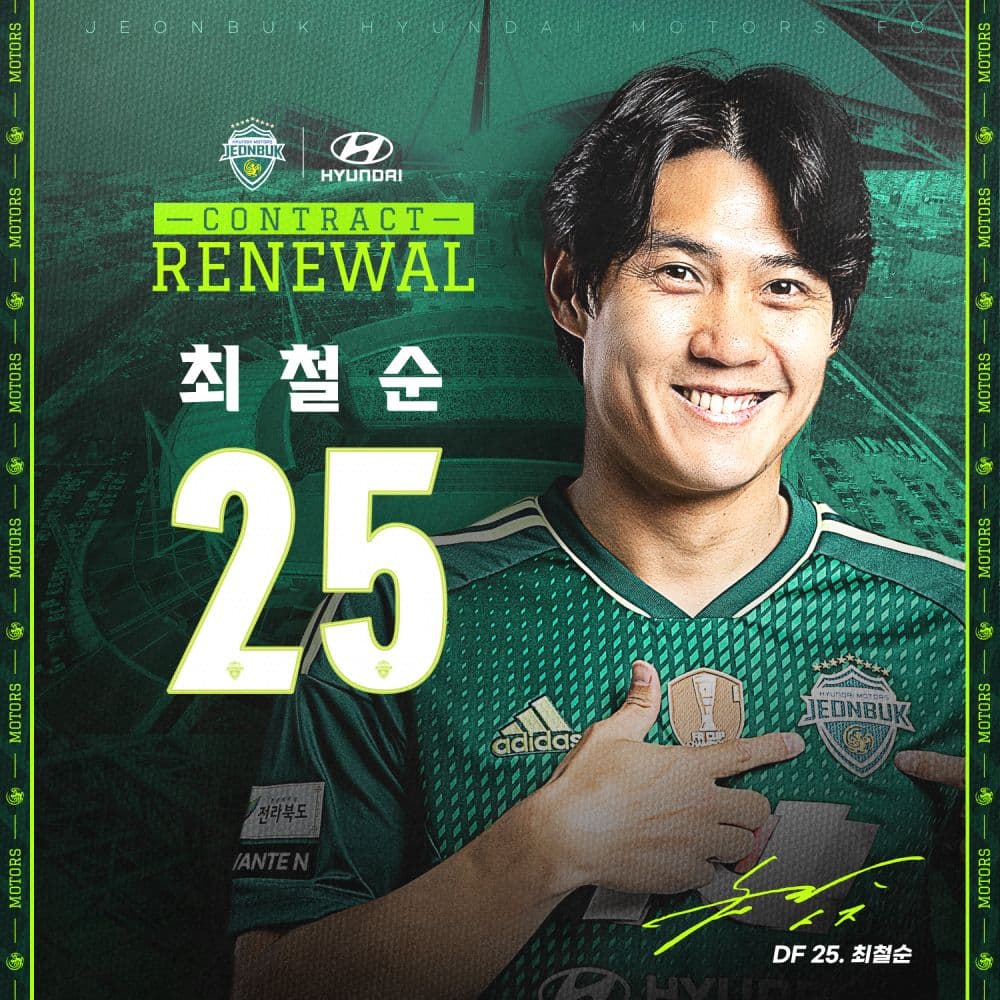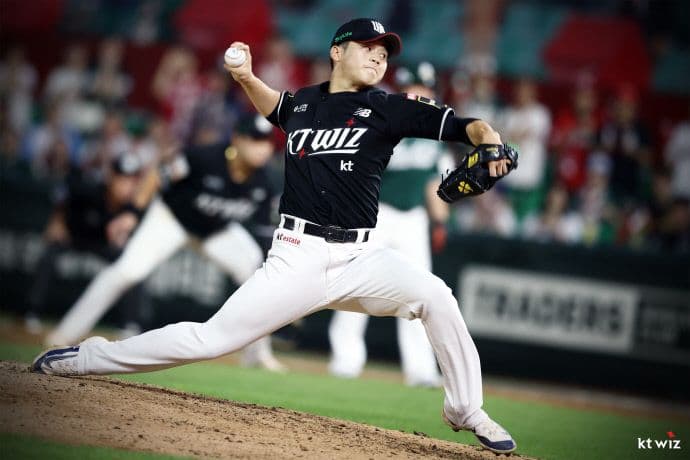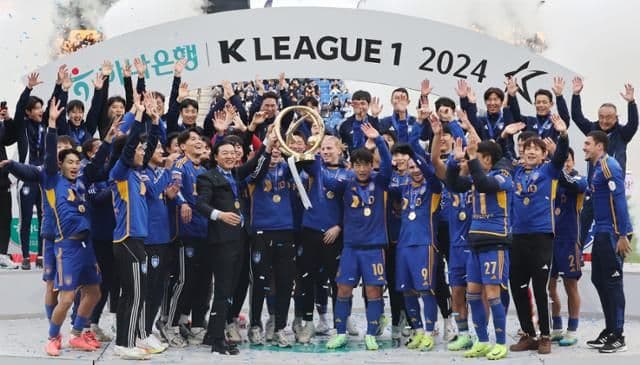The Legend Who Chose the Bench: How Choi Cheol-soon is Revolutionizing Jeonbuk's Youth Development

The Revolutionary Approach: What Makes Jeonbuk's N Team Different
When Jeonbuk Hyundai rebranded their B team to the N team in 2021, it wasn't just a cosmetic change. The 'N' standing for 'NEXT' represents a fundamental shift in how Korean football clubs approach youth development. Unlike traditional reserve teams that serve as mere waiting rooms for first-team opportunities, Jeonbuk's N team operates as a completely independent entity.
Under the guidance of head coach An Dae-hyeon, supported by field coach Kim Kwang-seok, goalkeeper coach Jung Bu-seon, and physical coach Woo Jung-ha, the N team maintains its own training regimen, tactical approach, and even conducts separate pre-season camps. During their recent Thailand training camp, while they traveled with the main squad, they trained separately and played their own friendly matches. This separation ensures that young players receive proper development opportunities rather than being overshadowed by established stars.
The results speak for themselves - after winning the K4 League championship last season, the N team has successfully transitioned to K3 League competition. This promotion represents not just sporting success but validates their unique developmental philosophy that prioritizes player growth over immediate results.
A Living Legend's Sacrifice: Choi Cheol-soon's Unprecedented Decision

At 39 years old, Choi Cheol-soon has become synonymous with Jeonbuk Hyundai. Since joining the club in 2006, he has witnessed the team's transformation from domestic contenders to Asian champions. His decision to voluntarily play for the N team has shocked the Korean football community and demonstrated a level of club loyalty rarely seen in modern football.
Choi Cheol-soon's physical condition remains remarkable for his age, maintained through rigorous self-discipline that puts many younger players to shame. While he could easily secure a starting position at numerous K League clubs, his heart belongs to Jeonbuk. Rather than seeking glory elsewhere, he chose to become a mentor figure for the next generation of Jeonbuk talents.
His presence in N team matches serves multiple purposes beyond his on-field contributions. Young players receive invaluable guidance from someone who has experienced the highest levels of Asian football. During the recent match against Gangneung Citizen FC, while first-team players were on vacation, Choi started for the N team and demonstrated leadership that cannot be taught in training sessions. His decision challenges traditional notions of career progression and shows that sometimes the greatest contributions come from unexpected choices.
The Mentorship That Money Can't Buy: Veteran Wisdom Meets Young Ambition
The integration of Choi Cheol-soon into the N team structure represents a masterclass in knowledge transfer that European clubs spend millions trying to replicate. His role transcends typical player responsibilities - he functions as an on-field coach, motivational speaker, and living example of professional standards.
Young strikers like Jung Sang-woon, who leads the N team's attack, benefit from training alongside someone who has scored crucial goals in AFC Champions League finals. Wingers Han Seok-jin, Kim Chang-hoon, Park Kyu-min, and Lim Jun-hwi observe how a true professional approaches different game situations. Midfielders like Seo Jung-hyeok, whom Jeonbuk fans particularly anticipate, learn tactical discipline from a player who has adapted to multiple tactical systems over nearly two decades.
The cultural impact extends beyond tactical knowledge. Korean football culture places enormous emphasis on respect for seniors and learning from experience. Choi's presence validates the N team in ways that no amount of investment could achieve. Players understand they are not in a 'lesser' team but rather in a specialized development environment blessed with unprecedented mentorship opportunities.
Strategic Independence: How Separation Breeds Success
The N team's operational independence represents a radical departure from traditional Korean football hierarchy. Head coach Gus Poyet rarely sends first-team players down to the N team, except in specific circumstances such as injury recovery. This separation might seem counterproductive, but it serves crucial developmental purposes.
Players like Jin Tae-ho, who led last season's K4 League triumph before earning first-team promotion, demonstrate the system's effectiveness. Similarly, Kang Sang-yoon's journey from promising high school player through the B team ranks, followed by successful loans to Busan IPark and Suwon FC, before becoming a Jeonbuk first-team regular, provides a blueprint for others to follow.
The infrastructure advantages cannot be understated. N team players train in the same world-class facilities as their senior counterparts, receive identical nutritional support, and benefit from the same sports science resources. They witness daily professionalism standards set by first-team players while maintaining their own competitive identity. This combination of elite resources with appropriate competitive level creates an ideal development environment that larger European clubs are beginning to study and emulate.
Facing Reality: The K3 League Challenge and Tactical Evolution
Currently positioned 13th out of 15 teams in K3 League, the N team faces harsh competitive realities that test their developmental philosophy. Unlike Jeonbuk's young squad, most K3 League opponents field experienced professionals and veterans familiar with the league's demands. This competitive disadvantage forces creative solutions and accelerated learning.
Coach An Dae-hyeon's tactical approach emphasizes versatility and intelligent football over physical dominance. Former striker Lee Jun-ho's successful transition to center-back exemplifies this philosophy, while players like Lee Kyu-dong and Lim Jun-hwi regularly switch positions to develop multiple skill sets. This multi-positional development prepares players for modern football's tactical flexibility requirements.
The emphasis on 'building football' rather than direct play teaches young players to think tactically and make intelligent decisions under pressure. While results may suffer short-term, this approach develops players capable of adapting to various tactical systems - a crucial skill for professional careers. Fullbacks Kim Jun-young and Hwang Seung-jun showcase this development, demonstrating attacking and defensive capabilities that suggest future first-team potential.
Cultural Impact: Redefining Success in Korean Football
The N team experiment challenges traditional Korean football metrics that prioritize immediate results over long-term development. In a culture where winning often overshadows process, Jeonbuk's commitment to player development sends powerful messages to the broader football community.
Fan reactions on Korean football communities like Naver Sports and DC Inside show mixed responses. While some question the team's current league position, many recognize the long-term vision's importance. Comments frequently praise Choi Cheol-soon's dedication while expressing hope that other veterans might follow his example of prioritizing club loyalty over individual recognition.
This approach influences other K League clubs considering similar developmental structures. The N team's success in producing promotable talents while maintaining competitive integrity provides a model for sustainable youth development that doesn't compromise either sporting or educational objectives.
Future Prospects: Building Tomorrow's Champions Today
The N team's current struggles mask significant individual developments that promise future success. Jung Sang-woon's finishing ability, combined with creative support from wingers and midfielders, suggests attacking potential that could translate to higher levels. Seo Jung-hyeok's performances particularly excite Jeonbuk supporters, who see potential reminiscent of the club's legendary midfielders.
The psychological resilience being built through current challenges will prove invaluable when these players eventually compete at higher levels. Learning to perform under pressure while developing technical skills creates mentally tough competitors prepared for professional football's demands.
Whether these players eventually succeed at Jeonbuk or find opportunities elsewhere, they represent the N team philosophy's true success. The combination of world-class training facilities, expert coaching, veteran mentorship, and competitive experience creates complete players ready for diverse football challenges. As Korean football continues evolving, the N team model may well become the template for sustainable talent development across the league system.
Discover More

The Mental Fortress of Korea's Ace Closer: Park Young-hyun's Three Life Lessons for Aspiring Pitchers
Discover how KT Wiz's star closer Park Young-hyun transformed from a young dreamer watching Oh Seung-hwan to Korea's national team closer, sharing his three essential mental strategies for handling pressure and building resilience in professional baseball.

Ulsan HD's Financial Victory: How $9.6 Million Club World Cup Prize Dwarfs K League Earnings Despite Group Stage Exit
Despite suffering three defeats in the 2025 FIFA Club World Cup group stage, Ulsan HD secured $9.6 million in prize money—26 times their K League championship bonus—transforming the club's financial landscape and investment capabilities.